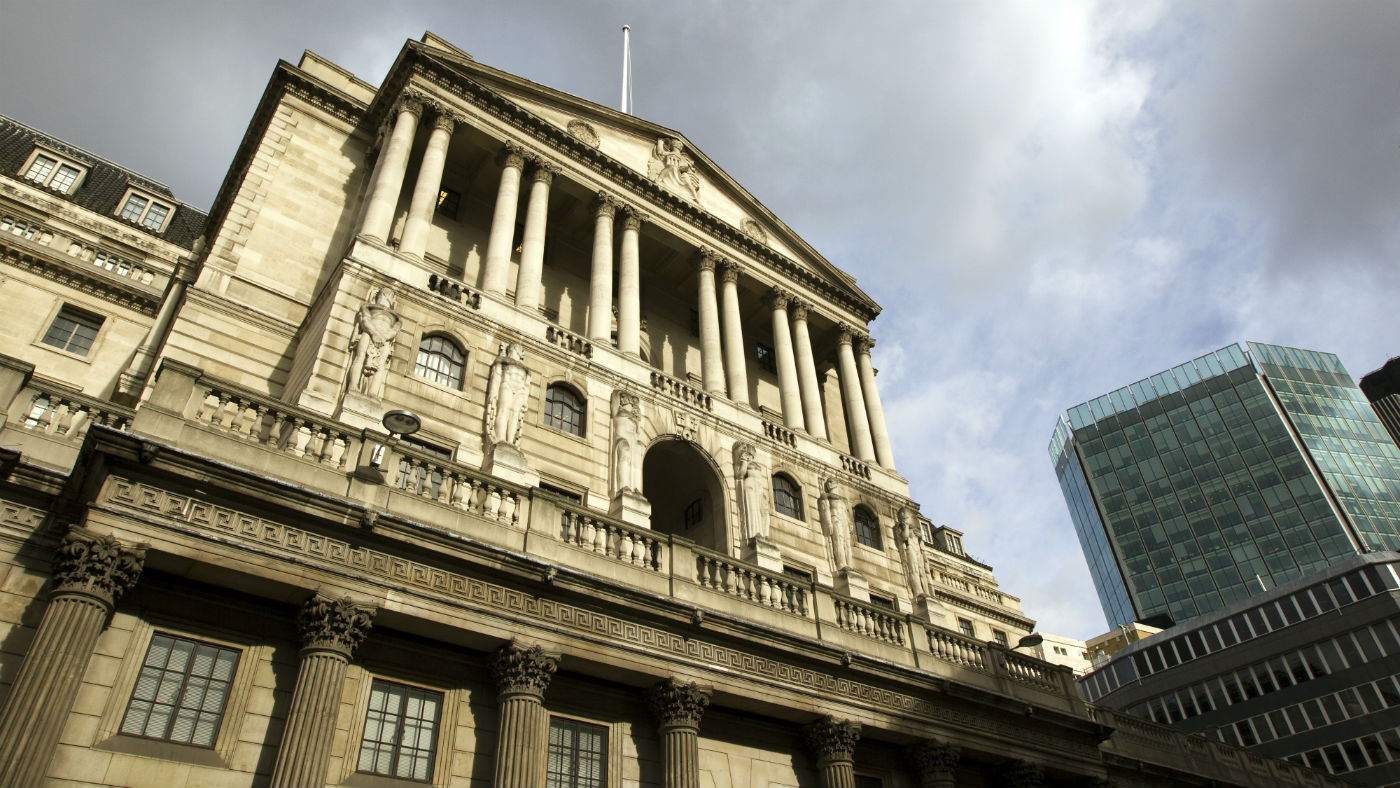Will interest rates rise this year?
Bank of England says higher inflation and a pick-up in growth could lead to first rate hike in a decade

A free daily email with the biggest news stories of the day – and the best features from TheWeek.com
You are now subscribed
Your newsletter sign-up was successful
The Bank of England paved the way to raise interest rates for the first time in a decade yesterday, after its main decision-making body said rising inflation and stronger than expected growth could lead to a rate hike “in the coming months”.
While the nine-strong Monetary Policy Committee, which is responsible for setting the UK’s base rate of interest, voted 7-2 to hold rates at 0.25%, it was talking in “much stronger terms” about an increase says the BBC.
In the minutes of its latest meeting, the nine policymakers said there was a “slightly stronger picture” for the economy since its forecasts last month thanks to signs of a firmer housing market, stronger employment and a rebound in retail and new car sales meaning “some withdrawal of monetary stimulus was likely to be appropriate over the coming months”.
The Week
Escape your echo chamber. Get the facts behind the news, plus analysis from multiple perspectives.

Sign up for The Week's Free Newsletters
From our morning news briefing to a weekly Good News Newsletter, get the best of The Week delivered directly to your inbox.
From our morning news briefing to a weekly Good News Newsletter, get the best of The Week delivered directly to your inbox.
Some analysts think this rise could come as soon as the next MPC meeting in November, when the bank will also release its latest Inflation Report.
Speaking to the Daily Telegraph, Nick Dixon, investment director at Aegon said over the next 12-24 months he expected “rates will rise higher and faster than market expectations.”
“This will be good news for those seeking annuity income or with cash savings and bad news for mortgage holders,” he added.
But others are less convinced.
A free daily email with the biggest news stories of the day – and the best features from TheWeek.com
“There’s a good argument that the UK economy isn’t ready for higher borrowing costs, given wage growth is weak, as it enters the teeth of the Brexit negotiations” says The Guardian.
This view is backed up by Yael Selfin, chief economist at KPMG, who says the bank is likely to tread very cautiously.
“The meagre wage growth we are seeing in spite of these trends is making it harder for the Bank of England to raise rates, especially as any rise will put yet more pressure on households who are already under strain due to a fall in their real earnings”.
The Brexit vote “has put the BoE in a dilemma as it sought to balance the need to support the economy through the shock of leaving the European Union in March 2019 while also keeping a grip on fast-rising inflation” says Reuters. Earlier this week the Office for National Statistics reported inflation hit 2.9% in August, already higher than the Bank of England’s peak projection for the year.
Despite voting for a 97th consecutive time not to raise interest rates, “buried in the notes that accompanies their decision are two things that woke the currency markets up” says the BBC’s economics correspondent Andy Verity.
One is that the bank now judges that inflation will peak above 3% having previously said below that figure, the other is that the MPC does not agree with those economists who think rates don’t need to rise until 2019 or 2020.
The overall result of yesterday’s announcement, therefore, “is that traders in the City who had viewed a rate rise as more likely than not by February, now expect it by December” says Verity.